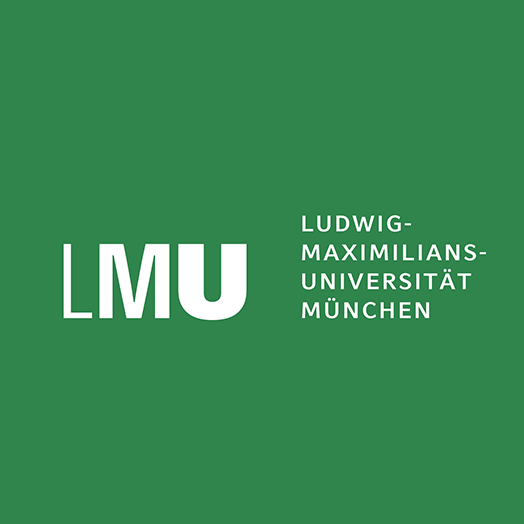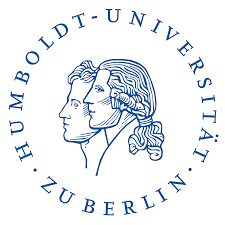APS Certification (₹18,000)
Apply via university portal
Receive conditional/unconditional offer

Unlock your future at top-ranked German universities – with globally recognized degrees, rich culture, and amazing job opportunities.







Over 21,000 study programs, many taught in English

Tuition-free or low-cost public education

Part-time work & 18-month post-study work visa

Degrees recognized worldwide

Safe, clean, and rich in culture
Explore prestigious institutions that offer unmatched education and global opportunities.
Germany offers programs in Engineering, Medicine, Business, Arts, and more—across UG, PG, MBA, and PhD levels.


Support your living expenses and gain international work experience while studying in Germany.
Enjoy a comfortable lifestyle in one of Europe’s top student cities without spending a fortune.
Unlock the freedom to travel, explore, and experience 27 countries with a single visa.
Stay back in Germany after graduation and kickstart your career with ample job opportunities.
Build your long-term future in Europe with options for permanent residency and career growth.
+919824080413
+919824080413
+919824080413
Germany provides tuition-free higher education to all foreign students, regardless of country of origin. The legislation was approved and in 2014 eliminated tuition fees at all public institutions in Germany. In Germany, education is seen as a right rather than a commodity that must be purchased. In Germany, there are around 300 public institutions that provide over 1000 programs. Students must, however, pay a 'Semesterbeitrag' (semester fee) or 'administrative charge', which is a minor price of roughly 300-400 EUR every semester.
In general, Germany offers 100% English-taught bachelor's and master's degree programs. However, basic proficiency, i.e., A1 and A2, may be necessary. However, if a student opts for a bilingual course (50% English and 50% German), B1 and B2 German competence may be required.
Germany is a popular location for engineering courses as well as courses in the sciences such as biological sciences, computer science, physics, and chemistry. Students may also pursue an MBA, a Master in Management, or a statistics course.
Yes. If you are an international student in Germany, you can apply for a residence visa that will let you stay and work in the country for an extra 18 months. If you find a job in Germany during this period, be sure to extend your visa, residency, or work permit to guarantee you are residing lawfully in the nation.
The average GPA of students at German colleges is 3.0 on a 4.0 scale.

Talk to our experts and get your profile evaluated for free.